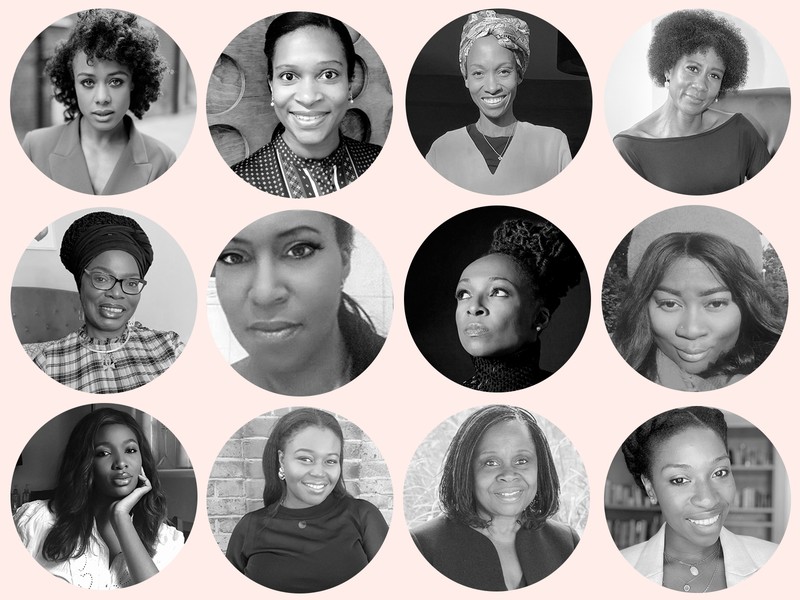What Black History Month Means To These 12 Inspirational Women
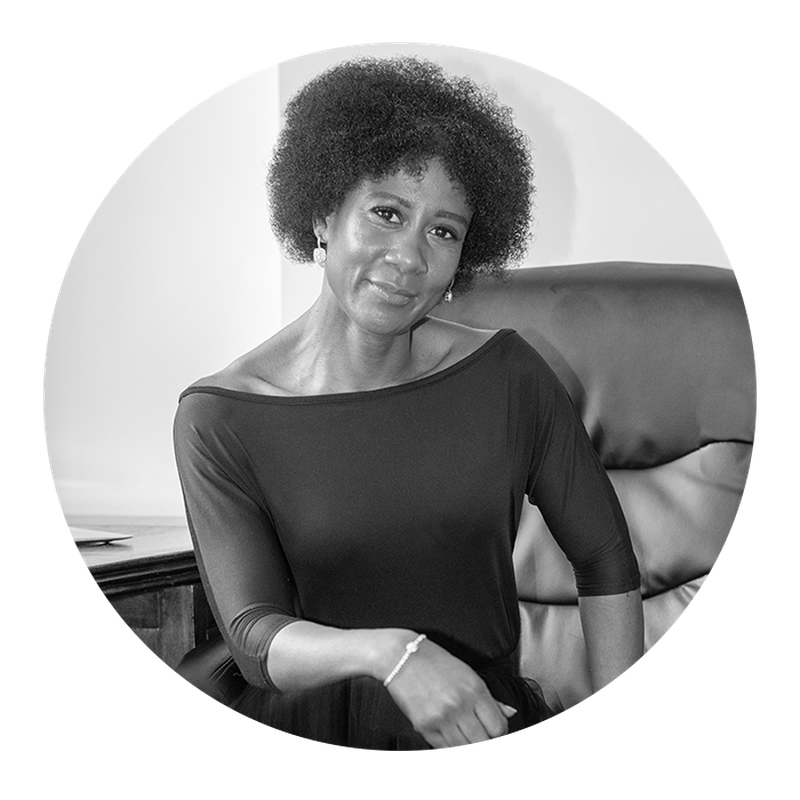
Paula Rhone-Adrien, barrister
Paula Rhone-Adrien is the UK’s leading black female barrister who has been practicing law for over 20 years. Award-winning, she specialises in family law and Ancillary Relief, whilst also giving lectures at schools, and appearing as a family law expert in the media.
“Black History Month is an opportunity to reflect and celebrate the positive achievements of people of colour, that are mostly forgotten or ignored by our education system and the wider media. By sharing knowledge and educating yourself, you not only achieve growth within, but you also enable others to be enriched too. Black History Month lifts society out of the prejudicial well of ignorance, which is something that we will all ultimately benefit from.
During my career, people have made direct comments to me at work, such as ‘This room is for barristers only’, ‘Oh, you must be the new social worker’, or ‘We would prefer if you didn't wear your hair like that to go to court, it looks really messy’. But I never complained. Why? Because I didn't believe it would make a difference, I didn't believe it would change the people who had made these comments. Instead I focused on finding work, made sure I got paid, and tried to make a success of my life, believing that it would ultimately chide the racists more. However, my career is not a reflection of my battles against racism – it’s an example of how racism, no matter what, should never hold you back.
“This year, Black History Month will be more than just a tick box reference at the end of a news piece. The voices of all those who were prepared to have their cries heard in support of the recent Black Lives Matter movement have not drifted away because they no longer march the streets. On the contrary, I suspect the voices will be louder and their expectation to be heard greater than before.”
Follow Paula on Instagram @FamilyLawGuruUK
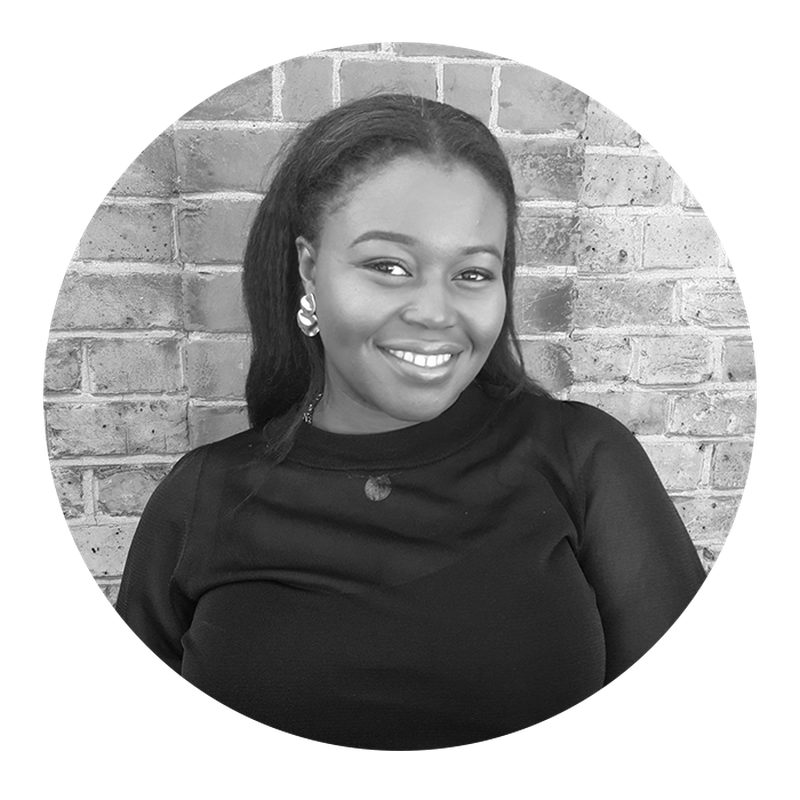
Amberlee Green, founder of Line & Honey
Amberlee Green is a mental health adviser, researcher and facilitator who founded her illustration studio, Line & Honey, in 2017 after completing a master’s degree in psychiatry. Amberlee Green’s art is centred around the inclusion and positive representation of black women.
“More and more, Black people are identifying and celebrating their history and historical influences. When trying to push myself to grow and expand as a black woman in my personal and professional life, I find solace in those that have done it before me. When it comes to Black History Month, I see it as a chance for celebration within the wider community, bringing to the forefront something we celebrate amongst ourselves every month of the year. It's a chance to be more reflective and intentionally appreciative of those who came before us, in climates worse than ours in the present day.
Right now, Black Lives Matter isn’t just a buzz-phrase or title – it’s a sentence. Black lives should have mattered before this year, and the ‘movement’ that has so much attention right now is the everyday reality for black people. It’s clear that Covid locking us down led to the BLM campaigns being more visible than before and as a result, more people and organisations are being held to account and supporting us as we demand equality and justice.
Black History Month makes large chunks of history visible – not just our history, but history in general. We didn’t hear it at school, we didn’t see it in textbooks, we barely saw it referred to in media and communications, so we have to keep it going now. We can’t cover our entire history in a month, but we can shout loud enough to provide food for thought for the other eleven months.”
Visit Line&Honey.co.uk
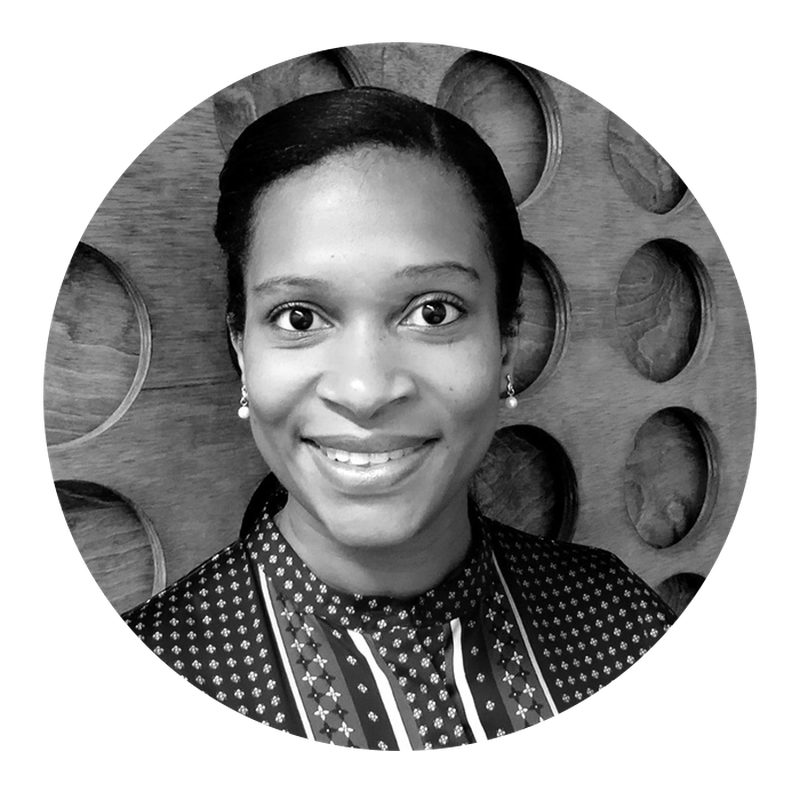
Kerrine Bryan, engineer & co-founder of Butterfly Books
Kerrine Bryan is an award-winning electrical engineer, and has been named as one of the Telegraph’s ‘Top 50 Women in Engineering’. Kerrine Bryan co-founded publishing house Butterfly Books in 2015 to communicate a positive message to children about professions that are suffering skill gaps and diversity issues.
“My grandparents moved to England from Jamaica in the 50s as part of the Windrush Generation yet, as a child, I was never taught about the Windrush in school and my family never really spoke about it. Being one of very few black children in school, my mother always told me that I would need to work twice as hard to get half the success of my friends.
One of the reasons why we don’t see a proportionate number of women, let alone women of colour, working in the field of engineering really stems from the earliest years where, if girls don’t see females working in such roles, they think it’s not for them and it becomes something they can’t relate to. Seeing people like me doing notable things has motivated and inspired me to believe that I can do great things too.
If you’re a business owner looking to do something for Black History Month or as part of Diversity & Inclusion measures, it’s not okay to ask or assume that your black employees should organise something. It’s really important to remember that a lot of black British people like me don’t know our history – in many ways we are still learning too. Therefore, asking black people to solve any problems relating to race is not the answer; nor is it their sole burden and responsibility. It’s a collaborative effort by all and such acts should be anything but tokenistic. To be a true ally is to advocate black and diverse voices even when no-one is watching.”
Visit ButterflyBooks.uk
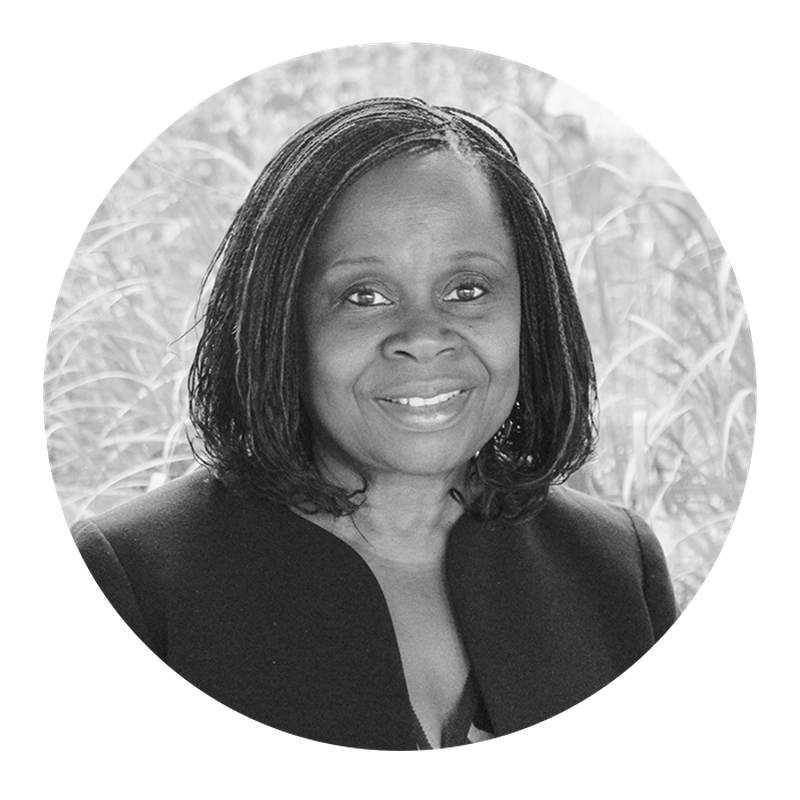
Colleen Amos, OBE, CEO and co-founder of the Amos Bursary
Colleen Amos is the CEO and co-founder of the Amos Bursary, a charity which transforms the lives of young black men in the UK through educational support and career development. In 2019 Colleen Amos was awarded an OBE in recognition of services to the community.
“I’m a member of the Windrush generation, coming to England from British Guiana (now Guyana) in the early 60s with my family. We came with dreams of making better lives for ourselves and our families, yet we have all experienced racism, bigotry and prejudice. With strong family support, in-built resilience, self-confidence and to some extent luck, many of us have been able to rise through the ranks in our personal careers, but it has been an ongoing struggle.
Our mission at the Amos Bursary is simple – to change lives and refute the current stereotypes, by providing a positive, engaging and empowering atmosphere for our students, developing supportive relationships with universities and corporate partners, by giving them access to opportunities and experiences and helping them develop the skills and qualities required for success in the world of work. We normalise success for our community.
Black History Month is an opportunity to shine a spotlight on African history and the contribution we have made to Britain and the wider world. The education system in the UK has failed all children, not just black children, because it fails to acknowledge this history and those contributions. The integration of our history into the mainstream education is fundamental to creating an honest account of the world in which we live. If we want to stop having to justify the importance of diversity and inclusion, if we want to stop being asked how non-black people can become allies, if we want to stop questioning the importance for non-black people to celebrate Black History Month, then black success, black achievement and black history has to be normalised.”
Visit AmosBursary.org
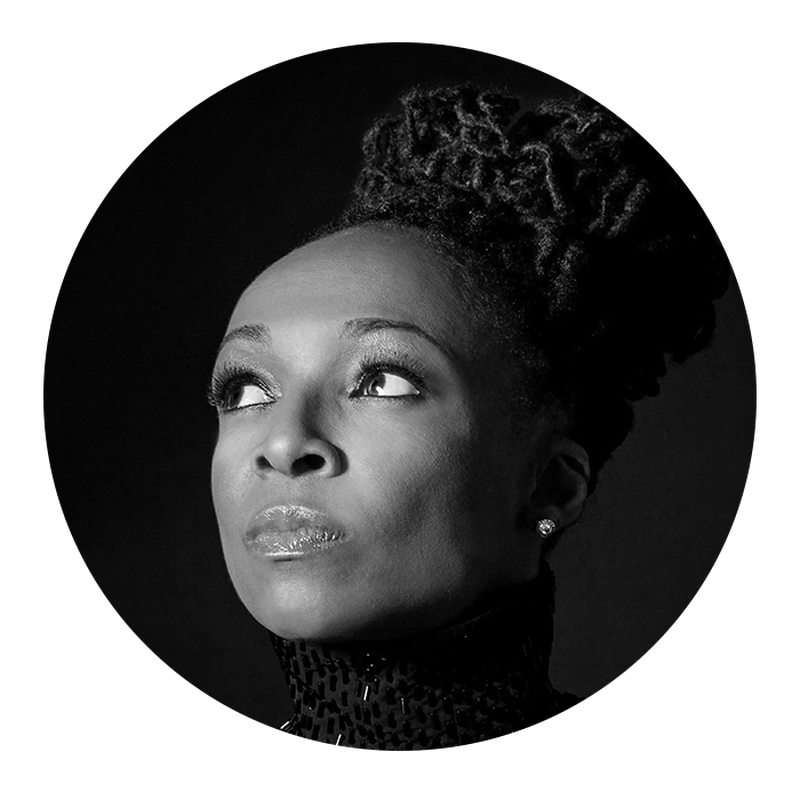
Siedah Garrett, singer-songwriter
Siedah Garrett is an award-winning singer-songwriter who wrote Michael Jackson’s number one single, ‘Man in the Mirror’. Siedah Garrett has been nominated for two Academy Awards and received a Grammy for co-writing Love You I Do for the 2006 musical film, Dreamgirls.
“Celebrating Black History Month is important because of the systemic elimination of the positive contributions of black people to educational curriculums, and in culture in general. Nowhere in the world do you find a ‘White History Month’, because the history that is taught is only from the perspective of white people. Unfortunately, most of those individuals that devised school curriculums were, consciously or not, believers and purveyors of the fallacy of white supremacy. They were, and still are, ruling by fostering division between people, and they purposely leave out critical facts and stories about the contributions of black people in order to perpetuate that division. By celebrating Black History Month, we turn our focus to historical events from the perspective of peoples of African descent, to hopefully help balance out the blatantly one-sided education that is taught in schools today.
It’s unfortunate that it has taken the invention and proliferation of the phone camera, in order to document some of the evil and racist practices of law enforcement. While most protest marches and rallies in the past included a small percentage of non-black supporters, this year we’ve seen a huge increase in their participation. When they saw the footage of George Floyd’s cruel murder in broad daylight by the police, in front of tens of witnesses, there could be no denying that this is the truth about America. But we are bearing witness and speaking out, and I truly believe that, this year, we will see more and more diversity in the makeup of protestors, and, hopefully, more diversity in the ranks of policymakers on the police forces as well as in boardrooms of major corporations.”
Listen to Siedah’s new single The New Frontier (Say Their Names)
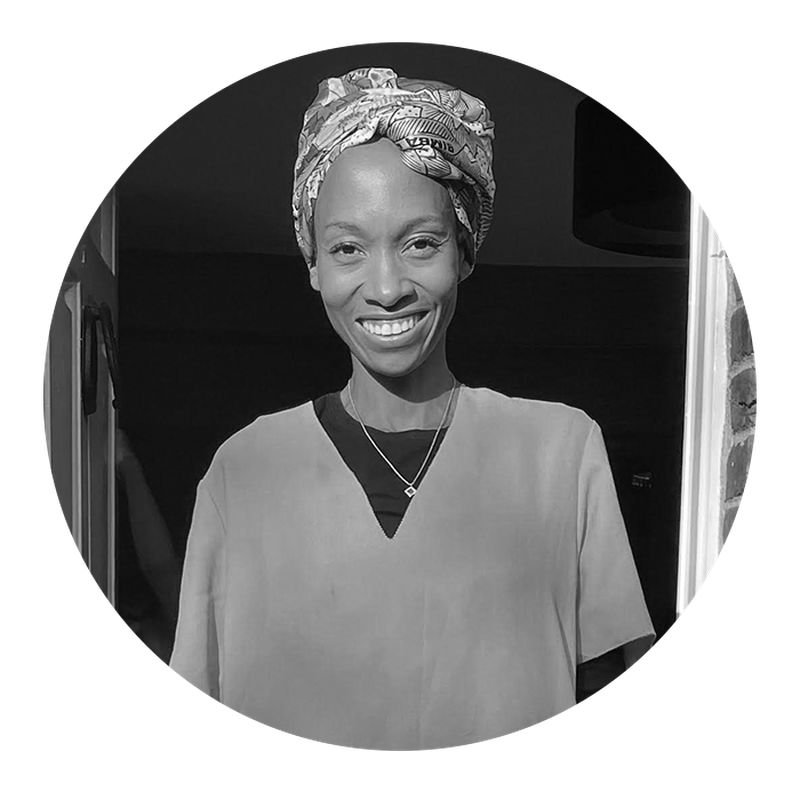
Kemi Lawson, founder of The Cornrow
After studying economics at university and working at Goldman Sachs and EY in corporate finance, Kemi Lawson left an established career in the City to become the co-founder of the home and lifestyle online retail business, The Cornrow.
“Black History Month is both a celebration and a challenge. It’s a celebration as a month to amplify the triumphs, achievements and immense impact that black people have had in the UK and beyond. However, it’s also a challenge because it’s only a month-long window where there is this opportunity and responsibility to educate the country on the importance of black lives. Black history is British history, and in an ideal world we would not need a month to celebrate it, it would be celebrated and recognised as part of the norm.
This is why non-black people must be allies too. By educating yourself on black history and empathising with the black experience, you can share crucial information with your friends and family, especially your children, as that is where the hope lies. Secondly, everyone has a sphere of influence, it might be your local community, your friendship circle, your workplace, your school. Think about how these institutions are doing. Are they diverse? Are they looking out for and representing the black community? Are your kids learning about black history? If not, there’s even more of a need for allyship and understanding white privilege. Filling your lives with black people’s voices not only helps to make society a fairer place, it also makes your life richer and more diverse.
In the past it felt like the responsibility for Black History Month, and for amplifying black faces and voices, was within the black community. Now it feels like there are more non-black allies on board who are also driving change. This is crucial for any real impact.”
Visit TheCornrow.com
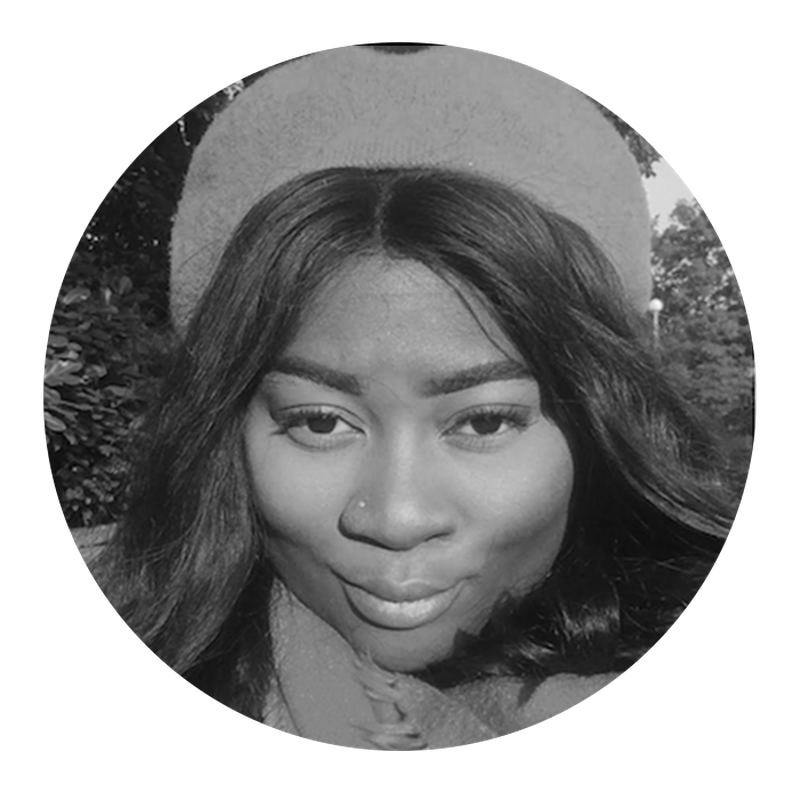
Sinéad Browne, founder of Compliments of The House
Sinéad Browne is a former lawyer who is now the CEO of Compliments of The House, a Brixton-based food redistribution charity that collects fresh, surplus cooked food from local restaurants and shares it with people in need at selected hubs across London.
“Black History Month is a welcome opportunity to bask in the glory of everything that we are told that we are not. It provides aspirations and a demonstration for the younger generations to marvel at just how educated, powerful and great black people are. It’s important for non-black people to acknowledge it, to rid themselves of any stereotypes and prejudice that they may have lurking. This will give them the opportunity to realise the vast and rich contribution that black people have made to everyone's daily lives – in fashion, science, art, music, food, language and culture. In fact, modern culture is by large shaped and sculpted by black influences.
We should all be educating ourselves on the definition of racism and the negative and damaging ramifications it has for black people. We should then take that knowledge and create a positive and influential legacy for future generations. Non-black people can help by actually speaking up against racial injustices, overt racism, institutional racism, prejudice and ignorance at all times. They must realise that silence is tacit acceptance so must challenge their friends, families, colleagues and wider circle when they witness racism. Alongside educating yourself, having awareness and speaking up against injustices, this Black History Month, make a donation. Compliments of The House performs a vital service and has built a community and made links with some of the most marginalised communities in Brixton and across London. None of our team are paid so all donations go directly to helping those in need.”
Visit ComplimentsOfTheHouse.org

Nina Toussaint-White, actor
Nina Toussaint-White is a mixed-race British actor known for her roles in television and theatre. Most notably she has starred in The Bodyguard, Gameface and The Feed, and is set to feature in ITV’s psychological thriller, The Sister, later in October.
“Honestly, I'm a bit conflicted about Black History Month. I love that we have this time of celebration of current culture and remembrance for black people and events that shaped our history. But black history shouldn’t be squeezed into just one month, it should be relevant throughout the year.
The education system needs a severe overhaul, with a more inclusive and radical approach which includes non-white history and culture. Education, understanding and acceptance of black history and culture, for non-black and black people, is vital to create change and equality around the world, especially when introduced at a young age. For non-black people it encourages unity and acceptance to see black people as equal and for black people, it promotes a sense of belonging, empowerment, self-worth and belief in seeing themselves as equal too.
We all must educate ourselves and our children with black fictional and non-fiction books to unlearn and relearn history’s narrative on racism and social injustice to support the community in the fight for equality. If people read one thing this month, make it Natives – Race and Class in the Ruins of Empire by Akala. Akala interweaves a very personal account of his own experience growing up as a mixed-race boy in Britain, with the warped ideologies of the ‘whitewashed’ British narrative. This book really opened my eyes to my sheer lack of education and the bubble I had been living in. It stirred up so many mixed emotions including embarrassment and guilt that I did not, and still don't know enough about my own history… about black history.”
Follow Nina @Ninatw

Agnes Mwakatuma, co-founder of Black Minds Matter
Following the Covid-19 pandemic and the death of George Floyd, Agnes Mwakatuma co-founded the mental health charity Black Minds Matter in June 2020. Agnes Mwakatuma previously worked in the charity sector, after gaining a business degree, and managed youth led programmes in East Africa.
“Black History Month is a special time to celebrate Black history, Black culture and the prospects of a positive Black future for our youth. It’s an opportunity for us to continue to honour our ancestors and the individuals who fought for our rights as Black people. It’s a time of inspiration and celebration of the contributions that the African diaspora has made in the western world. It’s a time when Black people stand firm in their history and refuse to be intimidated or bullied into erasing it, where we get to tell our story truthfully and unapologetically.
It’s an understatement to say that 2020 has raised awareness for the Black community, so this year’s Black History Month will be different. The video recordings, media coverage and evidence has increased exponentially, proving that police brutality, institutional racism and white privilege is still very much an issue around the world. The killing of George Floyd, Breonna Taylor, Rayshard Brooks and Atatiana Jefferson, to sadly name a few, as well as the Black Trans Lives movement earlier this year, fuelled larger protests and demands for real change.
In response to this, we founded Black Minds Matter to connect Black individuals with certified Black therapists for free sessions for up to 12 weeks. As important as the Black Lives Matter movement is, for a lot of people, it can be triggering and take a toll on one’s mental wellbeing – since 1st June, we’ve had over 3000 people reach out to us, and the list keeps on growing. As well as Black Mind Matter, there are so many worthy charities that need support right now: The Black Trans Travel Fund, Free Black Uni and Black Ticket Project, to name a few, are incredibly worthy causes we can all support.”
Visit BlackMindsMatterUK.com
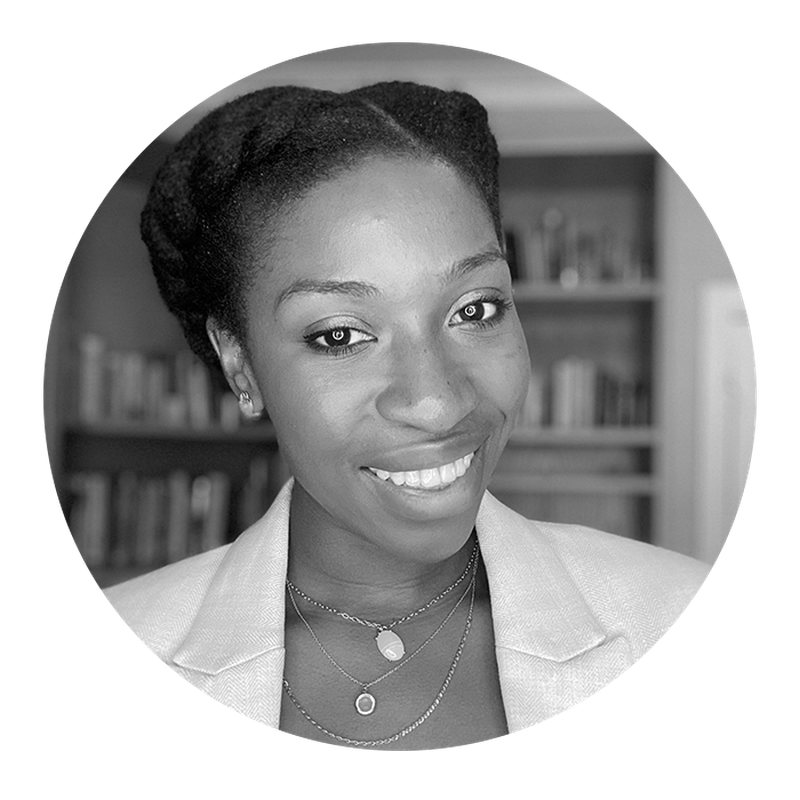
Dr Ifeoma Ejikeme, CEO and founder of Adonia Medical Clinic
Dr Ifeoma Ejikeme is a leading skin expert, and CEO and medical director of Adonia Medical Clinic in London. Dr Ejikeme founded the clinic in 2017 for luxury science-led treatments for all skin types and tones.
“In light of the recent Black Lives Matter movement, for the first time, open conversations on race and equality are finally happening for both companies and individuals. It's crazy to think that many of the conversations we are having now, only a few months ago for many, were too difficult or taboo.
We are a diverse population in the UK and there is joy and beauty in this diversity. This year I founded the UK’s first ever Black Aesthetics Advisory board with the mission to improve the experiences of black minority ethnic professionals and consumers by improving the education on BME skin. If I was a black consumer and not a doctor and went to an aesthetic event I would probably think ‘there’s nothing out there for me in this field – you can’t be what can’t see’. But for me, being an ally is finding common ground with those who don’t look like you. It’s pulling them onto your boat wherever you are, be it at work, in the playground or in the boardroom. It’s speaking up when you see injustice or when something just doesn’t feel right about the conversation you have found yourself.
This Black History Month, look out for black excellence and when you see it, share it. Share black founders on your social media feeds, make connections on LinkedIn, and go out of your way to share your experience at their businesses via reviews on sites like Google. These are acts that everyone can take to amplify black voices. We are all in a position to create platforms for black people and elevate their voices.”
Visit AdoniaMedicalClinic.co.uk
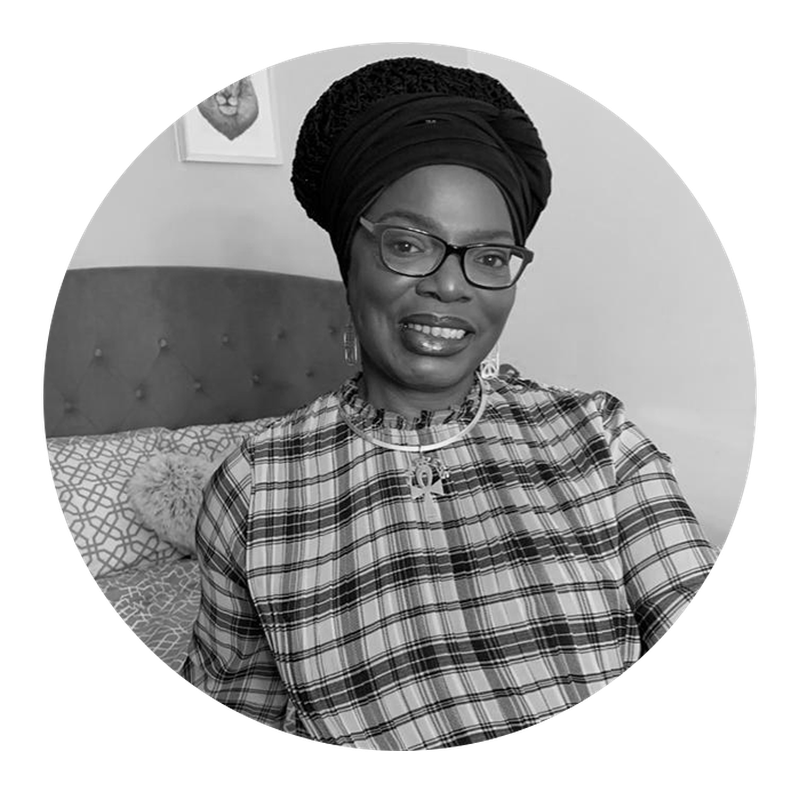
Asher Craig, Deputy Mayor of Bristol
Asher Craig is the Deputy Mayor of Bristol and cabinet member for Communities, Equalities & Public Health at Bristol City Council. Asher Craig has spent over 30 years as a community, social and racial justice activist and leader.
“As a politician, and social and racial justice activist, I see myself as a champion for those whose voices remain silent and I make no apology about my passion to dismantle the structural, endemic and systemic racism that pervades every part of our society and disadvantages people from black, Asian and other ethnic minority groups. If the truth be known, I don’t agree with Black History Month because we should not have to minimise our existence and achievements into only one month of the whole year. I of course appreciate the sentiment behind it and do support it, but I would like to see us celebrate our history every day of the year. Our culture is rich and already greatly influences society globally. Let’s acknowledge the diversity of all our cultures and races all year round.
The events of the last six months have created a shift in which we are all finding ourselves talking about the issues of discrimination and many voices and new allies are now speaking up. The murder of George Floyd has also touched our humanity and reignited with fervour the Black Lives Matter movement; and then of course there is the drowning of the statue of slave trader Edward Colston in our city which set off a global reaction.
On elevating black people’s voices, use your voice to amplify and champion ours so that we are heard and respected. Welcome and support your black colleague or friend’s contributions and stand against any discrimination, whether in a meeting or with a group of your friends. Speak up and be prepared to be uncomfortable talking about race. You will need to push through this discomfort if you are to become a true ally to black communities – understand your privilege and use it for good. On a practical level, seek out local black-led voluntary groups and charities, many of whom are providing community care and support and educational services in our communities. Contact your local Council for Voluntary Service (CVS) and reach out to local black churches who also provide a range of charitable support to communities.”
Visit Bristol.gov.uk
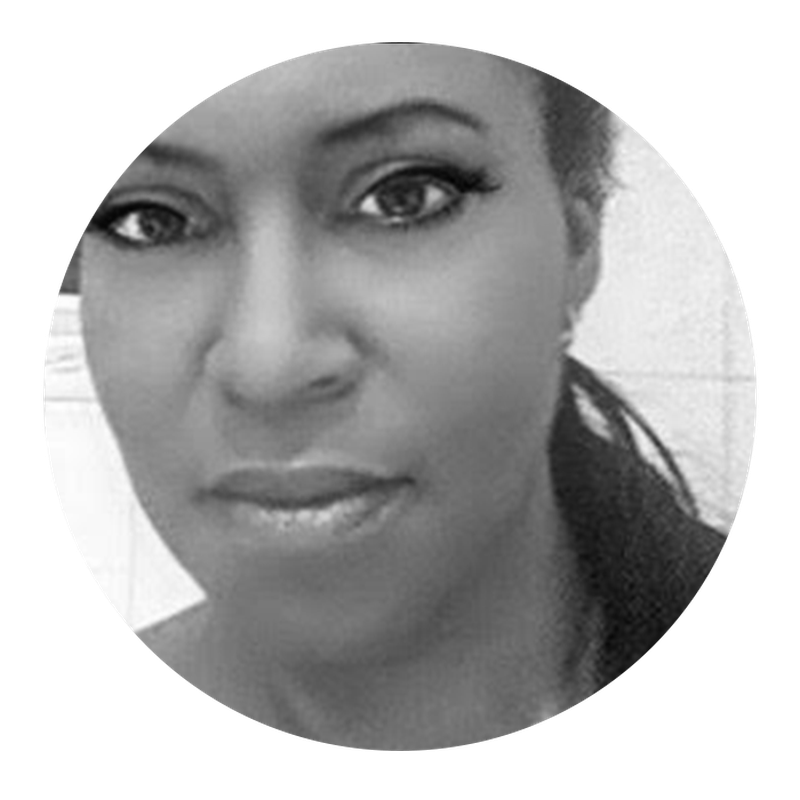
Alisha Hall, founder of The Liberation Initiatives
Alisha Hall founded The Liberation Initiatives in July 2020 in the wake of the Black Lives Matter movement. The consultancy connects organisations with under-represented communities and marginalised people who are disadvantaged due to systemic racism – it has since provided vital support to those in need.
“Black History Month is a time to highlight everyone’s history. Our history is your history. It’s a time to celebrate amazing talent from our community like Stormzy, Naomi Campbell and Cynthia Erivo – talent which is often overlooked but would otherwise be celebrated for their achievements if they were white. It’s a time to question where we are as a community and how we can move forward with allies. It’s a time to educate everyone on the origins of black people, the royalty which runs through our veins pre slavery, the horrific act of slavery itself, and how systemic racism has influenced where we are now.
In light of this year’s Black Lives Matter movement, finally the world is listening to us. By witnessing the murder of George Floyd during lockdown, non-black people had no choice but to see what has been happening for centuries and finally, we have a space to tell our truths and experiences. The UK wouldn’t be a developed country and the fourth richest in the world without slavery and free labour endured by my ancestors. The profits were used to advance this country and therefore all the benefits non-black people have today stemmed from us. It’s imperative we acknowledge Black History Month until our history is taught beyond the month of October.”
Visit LiberationInitiatives.com
DISCLAIMER: We endeavour to always credit the correct original source of every image we use. If you think a credit may be incorrect, please contact us at info@sheerluxe.com.
